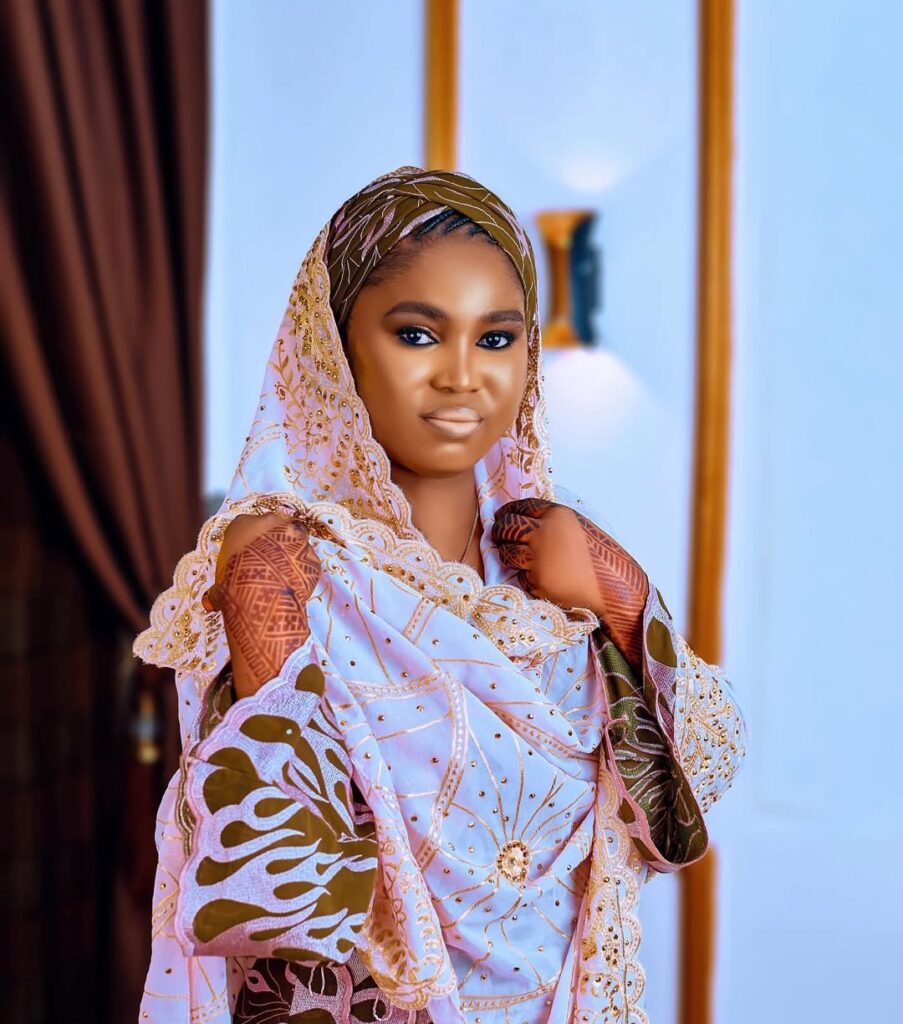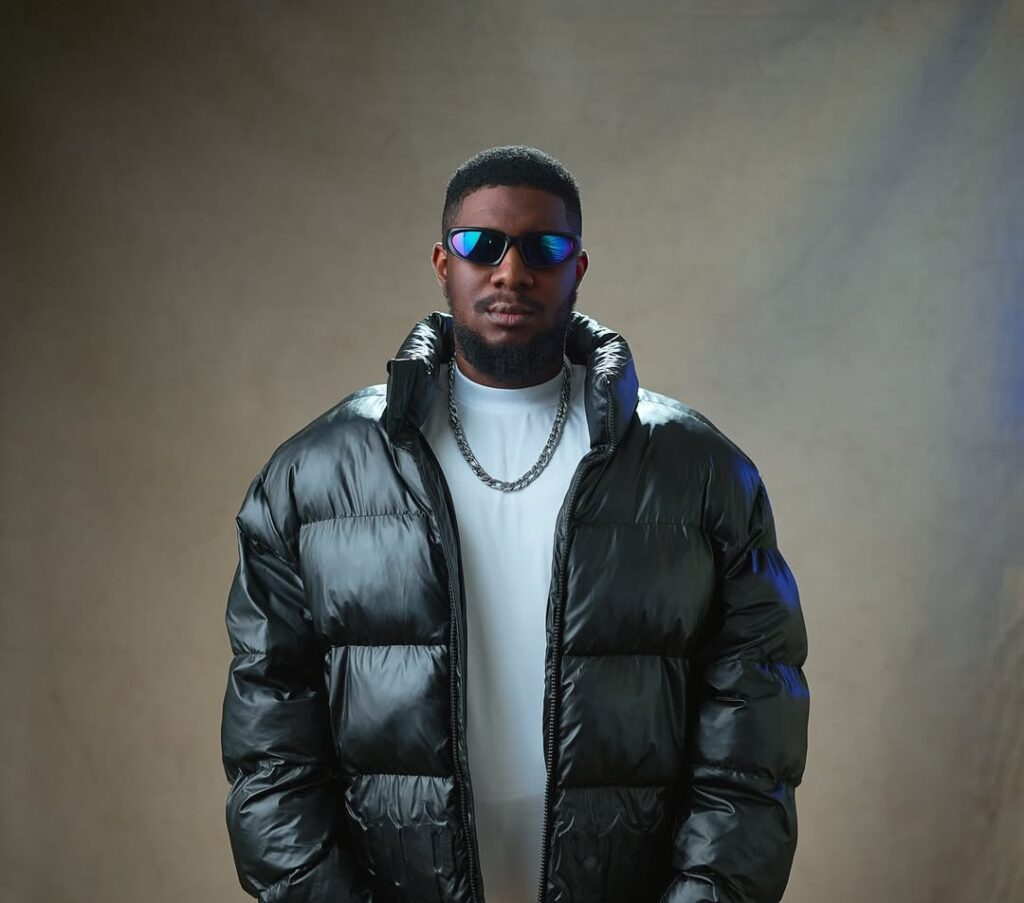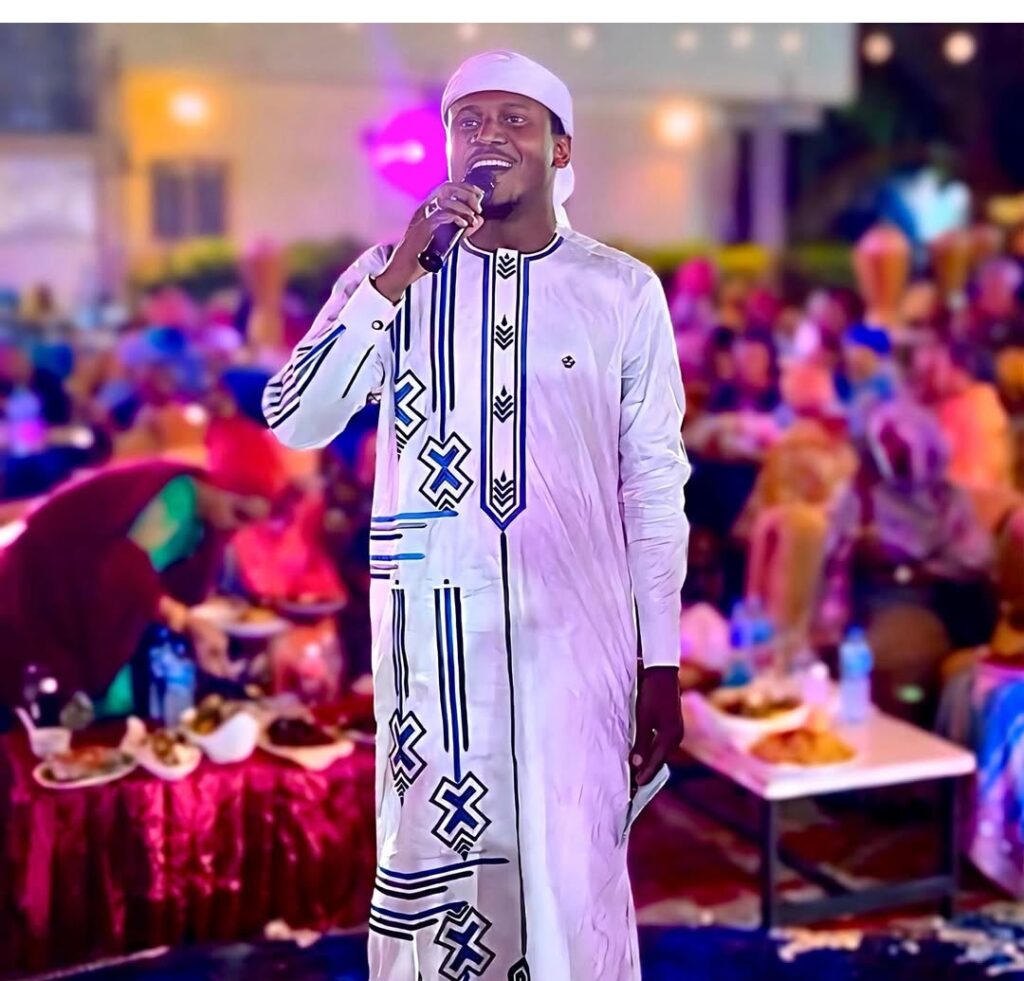In recent years, Nigerian music has taken the global stage by storm—especially Afrobeats. While most of the spotlight often shines on Yoruba and Igbo musical styles, there’s a growing force from the north that’s quietly but powerfully shaping the sound of Nigerian pop culture: Hausa music.
From traditional rhythms to melodic vocals, Hausa musical elements are now being sampled, remixed, and celebrated across mainstream Afrobeats hits. This influence is not only refreshing but a sign of a more unified and diverse Nigerian music scene.
In this post, we’ll explore how Hausa music is influencing Afrobeats in Nigeria, backed by case studies (like Kvng Vinci’s viral hit), industry trends, expert observations, and the broader cultural shift that’s bringing Hausa sounds to center stage.
The Northern Sound: A Rich Musical Heritage
Hausa music—steeped in centuries of storytelling, instrumentation, and Islamic influence—has long been a staple in Northern Nigeria. Artists like Nazir M. Ahmad (Sarkin Waka), Umar M Shareef, Ali Jita, and Barmani Choge have built strong legacies in local communities, using music to educate, entertain, and inspire.



Their music is often characterized by:
- Melodic repetition (ideal for sampling)
- Minimalist instrumentation (perfect for fusion with Afrobeats)
- Powerful storytelling (often centered on love, politics, or culture)
Despite its strong regional following, Hausa music remained mostly underground in the national conversation—until now.
Case Study: Kvng Vinci’s Viral Hit (Hausapiano) “Down Down (Confusion)”
In early 2024, Lagos-based Afro-fusion artist Kvng Vinci released a single titled “Hausapiano”, which sampled Nazir Sarkin Waka’s classic Hausa track “Down Down (Confusion)”.
The result? A viral masterpiece that blended the deep emotional pull of Hausa vocals with the rhythmic bounce of Afrobeats.
Impact Highlights:
- Over 2 million views on YouTube in under 3 months
- Peaked at #3 on Apple Music Nigeria’s Top 100
- Became a TikTok trend with 100k+ user videos
- Played heavily on Arewa24, Trace Naija, Cool FM Abuja, and more
Kvng Vinci himself told Pulse Nigeria in an interview:
“I grew up in Kaduna, so Hausa music is part of my DNA. Sampling Nazir was more than just music—it was a tribute. And it paid off big time.”
This single moment became a turning point for many Lagos-based producers and artists to start looking north for inspiration.
Influences: From Arewa to Afrobeats
Hausa music’s growing influence on Afrobeats isn’t a fluke—it’s part of a broader trend shaped by:
1. Digital Access & Streaming Platforms
Platforms like Boomplay, Audiomack, and YouTube have opened up the northern sound to southern audiences and beyond. Hausa artists now reach millions without needing Lagos-based labels.
- According to Boomplay Nigeria, Hausa genre streams grew 35% YoY in 2024
- Nazir Sarkin Waka’s songs saw a 200% increase in plays after Kvng Vinci’s sample
2. Collabs Between Northern and Southern Artists
We’re seeing more cross-regional collabs:
- Ali Jita x Zlatan on “Aure” (Remix)
- Morell x Ice Prince on “Bullet”
- Rumored Ckay x Umar M Shareef track in production
These partnerships are breaking down cultural barriers and expanding fan bases.
3. Northern Influence on Beat Production
Producers like Killertunes, Rexxie, and P.Priime are now experimenting with:
- Kalangu drums
- Goge fiddle sounds
- Hausa vocal samples
This has made Hausa sounds more familiar—and acceptable—in clubs, cars, and radios nationwide.
Case Study: DJ Zayno and the Abuja Nightlife Takeover
DJ Zayno, a fictional but representative character, is a fast-rising disc jockey in Wuse 2, Abuja. In 2024, he noticed that every time he mixed in Hausa music—especially remixes of Umar M Shareef or Nura M Inuwa—the crowd responded with more energy.
He then started producing his own Afrobeats-Hausa mashups. One of his tracks, “Soyayya Beat”, got featured on NaijaVibes and quickly became a viral sound on Instagram reels.
Today, DJ Zayno is booked every week in both Abuja and Jos, and his mixtapes regularly hit the top 10 on Audiomack Northern playlists.
Actionable Tips: How Artists Can Tap into Hausa Music Influence
If you’re an artist or producer looking to explore the Hausa-Afrobeats fusion, here are some practical steps:
1. Study Hausa Classics
Listen to artists like:
- Nazir M. Ahmad
- Barmani Choge
- Nura M Inuwa
- Rahama Sadau (for film soundtracks)
Study their vocal flow, themes, and instrumentation.
2. Sample Smartly and Respectfully
Sampling Hausa songs can work wonders—but get permission and respect the original context.
3. Collaborate with Northern Artists
Go beyond Lagos and explore talent from Kano, Kaduna, Bauchi, and Sokoto. These artists often bring unique melodies and massive fanbases.
4. Use Hausa Language Hooks
Even one or two Hausa lines in your chorus can create a strong emotional connection and make your track stand out.
5. Target Northern Digital Communities
Use hashtags like #ArewaMusic, #HausaSongs, #ArewaToTheWorld, and promote in northern WhatsApp groups, TikTok trends, and Facebook pages.
Frequently Asked Questions (FAQ)
Why is Hausa music now trending in Afrobeats?
Streaming platforms and social media have helped expose Hausa sounds to wider audiences. The rise of culturally diverse artists also contributes.
Can non-Hausa artists authentically use Hausa elements?
Yes, but they should do so with respect, proper credits, and possibly collaboration with Hausa artists.
Is Hausa music replacing Yoruba or Igbo sounds in Afrobeats?
No. It’s adding u003cstrongu003ediversityu003c/strongu003e, not replacing. Nigerian music is now more inclusive and richer in culture than ever.
Conclusion: The Northern Wave is Here to Stay
The growing influence of Hausa music in Afrobeats is not a short-lived trend—it’s a sign of a more inclusive, united, and sonically adventurous Nigerian music industry.
From Kvng Vinci’s viral sample to the rise of Arewa-focused collabs, Hausa sounds are finding new life in dancefloors, radio stations, and global playlists.
As digital access grows and young artists embrace their roots, the line between “traditional Hausa” and “mainstream Afrobeats” will continue to blur—and that’s a beautiful thing for music lovers everywhere.
Call to Action
Are you an artist or producer ready to explore Hausa sounds?
Start by listening to the top Hausa songs of 2025 on Boomplay or YouTube.
And don’t forget to share this post if you believe in #ArewaToTheWorld
Last updated on: November 10, 2025
Formatting and internal links updated.